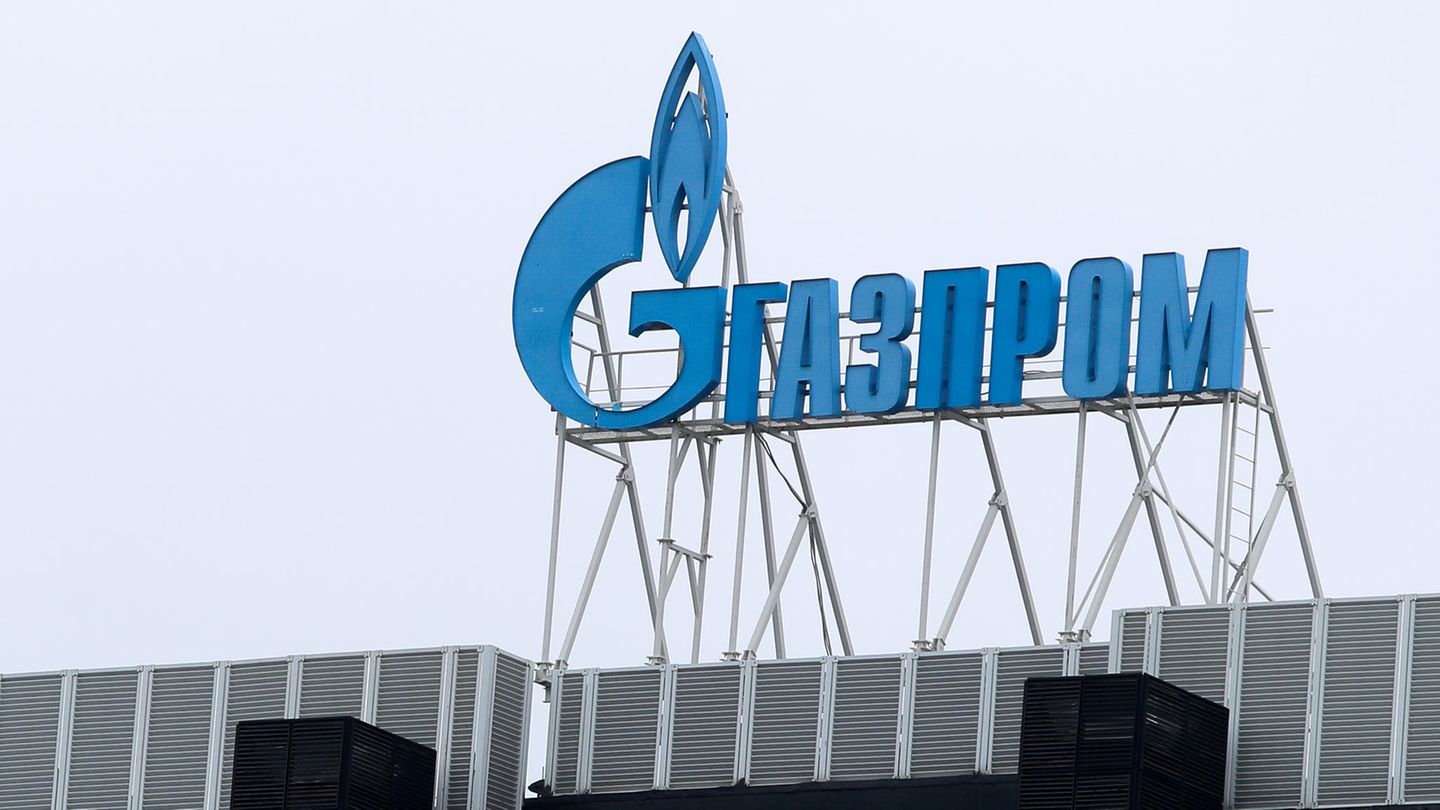Opinion
The high loss of the Russian state-owned company Gazprom shows that the gas giant can no longer gain anything in the West. Only China remains.
This article is adapted from the business magazine Capital and is available here for ten days. Afterwards it will only be available to read at again. Capital belongs like that star to RTL Germany.
Things could hardly have gotten worse for Vladimir Putin’s most important company: Gazprom posted a loss of 7.3 billion euros last year – the first red figures in almost a quarter of a century. And that after a profit of 13 billion euros in the previous year, 2022. The figures from last week speak for themselves: Gazprom can hardly compensate for pipeline deliveries to Germany and other EU countries. They fell by more than half in 2023 after the attack on Ukraine.
The hopes for liquefied natural gas (LNG) exports have only been partially fulfilled. The Russians were able to report an increase for 2023. But that won’t bring about a major turnaround for Gazprom. It is very difficult to expand capacities because there is a lack of Western technology. The construction of ice-breaking gas tankers is progressing slowly. And the planned Baltic Sea date in Ust-Luga will be delayed by at least two more years until 2026 – if things go well for Putin. But even after its completion, Russia will not be able to fully compensate for the previous pipeline gas.
Realistically, Putin’s only hope is in Xi Jinping, as in so many areas – especially those that are crucial to the war. The Kremlin ruler is waiting with increasing impatience for a clear word from the Chinese autocrat on the construction of the “Power of Siberia II” pipeline. It is intended to connect the central deposits on the Yamal Peninsula with China via Mongolia. There is currently no contract. And above all, no agreement on the double-digit billion costs of the difficult project. Putin has no alternative to this plan, but Xi Jinping does.
A pipeline as a lifeline for Gazprom
The Chinese are realists: a vote for the pipeline would also be a final vote for a “new Eastern bloc” that would chain Russia and China together economically for a very long time. Putin’s empire would finally transform into a satellite state of China, which Xi Jinping certainly appreciates. But the dictator also sees the disadvantages of this geopolitical axis shift: further decoupling from the West with its cutting-edge technologies and economic power. As much as Xi publicly sides with Putin, the Chinese elite is skeptical about the long-term stability of the Russian regime and the development opportunities of its economy.
At the moment it looks as if Xi will finally accommodate the Russians and agree to the pipeline project. It would be a lifeline for Gazprom. No matter what it costs, the gas giant would have to bow to Chinese wishes – and will do so. The world energy market, so far the model of globalization, could in the long term split into two halves: one under Chinese leadership and one under American leadership. The USA has already become number one in gas and oil again. Unlike Gazprom, companies in the USA are making higher profits than they have for a long time. And the Middle East? Fall back to the position of the swing supplier, balancing demand peaks in both camps.
Bernd Ziesemer
is a Capital columnist. The business journalist was editor-in-chief of the Handelsblatt from 2002 to 2010. He was then managing director of the corporate publishing division of the Hoffmann and Campe publishing house until 2014. Ziesemer’s column . You can follow him on X (formerly Twitter) here .
Source: Stern




